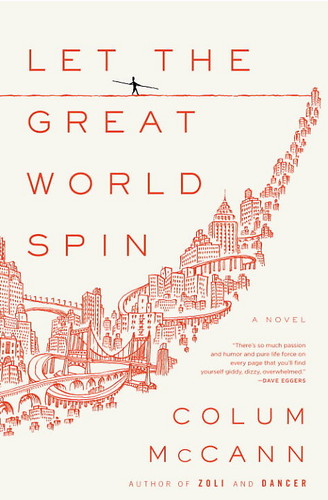Until I hear about this FANTASTIC STORY OF HONORABLE CITIZENSHIP as reported by the AP:
"Portland Police have located Richard Lewis, 80, who had been missing since May 8.That tweet either saved that man's life or ruined it by catching him trying to make his great escape to the beaches of California - that trip he'd been planning for years.
Police this morning said one of the bureau's Twitter followers spotted Lewis and reported it to authorities. Lewis uses a walker and suffers from dementia."
Either way, how 'bout that Twitter? I mean, when I heard that a Twitter user broke the story about the plane in the Hudson, that was cool, but finding an old man wandering through the streets, that's just plain honorable. This is, of course, one of the threads of new journalism.
I've commented before about how I see American professional print journalism changing to a more biased and commentary-driven industry/discipline, and I'll cite this as an example of the forwarding of this movement. With Twitter now out there, the "breaking" part of stories is becoming decreasingly important on the print side of things. If something major happens, it's more likely (especially at the local context) to be reported through social networking than the police or papers. What the papers do, which will always be important, is have the platform to broadcast such events to the widest possible audience. But this can be tricky. I hate seeing CNN read random no-name tweets during their "news hour." So far, the major papers have not stooped that low.
With the increase of citizen headline writing, the journalism industry has felt a sense of loss, often spiraling into a mid-life crisis, so to speak. This is why we see the Oregonian front-paging stories about clowns and the loss of random Hollywood Video stores.
The headlines are owned by the internet now. Therefore, I see the creative implementation of the reactions to those headlines both by the public and by the print journalist as a very valuable thing.
The journalist is not breaking the facts, but the reaction and involvement of citizens after the presentation of the facts. So, no longer is the story, "Thousands Gather for Tea Party Rally," but, "Tea Party Members Voice Vague, but Passionate Concerns." You've already seen headlines like the latter in your papers and online reading, but you would have never seen that in the early to mid 20th Century.
 Everybody knows thousands of people were there, and they can find out what happened (someone spoke, bands played, banners were waved) perhaps throughout the article. But we need to know why it happened and what the implications are for the city.
Everybody knows thousands of people were there, and they can find out what happened (someone spoke, bands played, banners were waved) perhaps throughout the article. But we need to know why it happened and what the implications are for the city.With the abundance of information that is now available to us, the journalist must convince me why what you are writing about is important. Why is it important that 35 Hollywood Videos are closing (OTHER than the fact that I won't be able to rock that 3 DVDs for $20 deal)? Why should I know this clown's story?
That's why I see print being most successful at the weekly level. If the major papers turned their funding from printing thousands of copies every day to printing one or two quality products a week, maybe *gasp* people would read it. This way, the paper could support investigative journalism that takes more time - the story after the story. All of the weekly's would provide the most important stories of the week, setting the daily headlines straight and gauging the public reaction. Most importantly, I just think the product would be better quality. From design to layout to the quality of reporting and writing...it would just be better.



